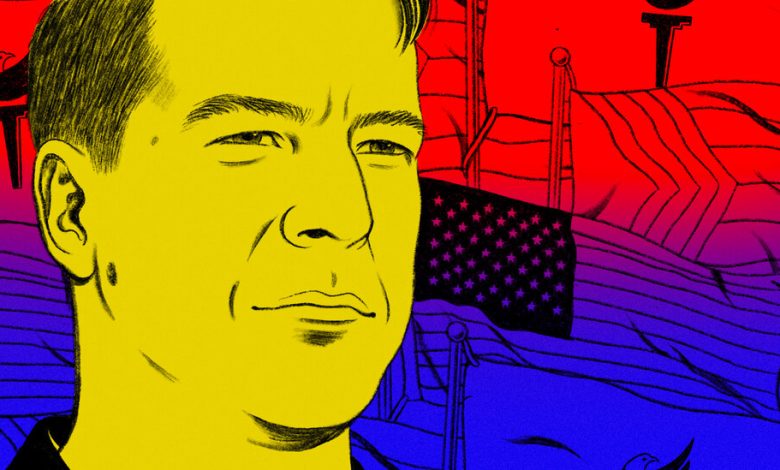Libertarian Candidates Can Change Presidential Outcomes. What Does the New Nominee Believe?

In 2016, the Libertarian Party presidential candidate, Gary Johnson, received more votes than any of the party’s other candidates in history and the most of any third-party candidate since Ross Perot — and arguably, the Libertarian Party has never recovered.
Much like the conservative movement, the libertarian movement has been divided between more “normie” libertarians who have embraced criminal justice reform and social freedoms (like immigration and the rights of L.G.B.T.Q. people), and the harder-line libertarians who tend to lean more to the right on cultural issues.
In 2022, the hard-line Mises Caucus took control of the Libertarian Party, promising to gain more votes from disaffected Republicans and conservatives (and annoy a lot of people on the internet, including myself). And in 2024, the Libertarian Party Convention featured appearances from people like former President Donald Trump.
But in a major surprise, the winner of the party’s presidential nominating process was not the Mises Caucus’s favorite but Chase Oliver, a 38-year-old, gay antiwar activist who had left the Democratic Party. I spoke with Mr. Oliver about what libertarianism means to him today, how he plans to fight for independent votes this year and why the Libertarian Party failed 2020’s “libertarian moment.”
This interview has been edited for length and clarity and is part of an Opinion Q. and A. series exploring modern conservatism today, its influence in society and politics, and how and why it differs (and doesn’t) from the conservative movement that most Americans thought they knew.
Jane Coaston: What does libertarianism mean to you now?
Chase Oliver: Libertarianism to me has always meant the freedom for peaceful people to make their own decisions about their own lives without government interference. I’ve always said that, “If you’re living your life and not using force, fraud, coercion, theft or violence, your life’s your life, your body’s your body, your business is your business and your property is your property. It’s not mine, and it’s not the government’s.”
